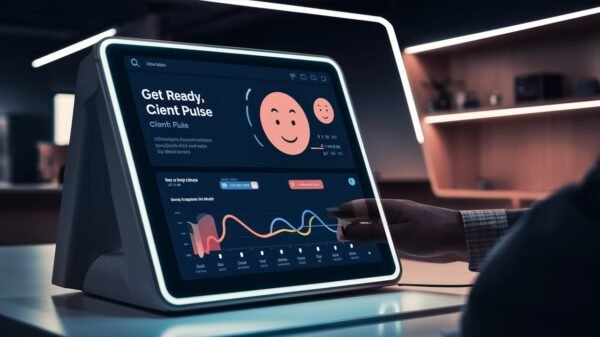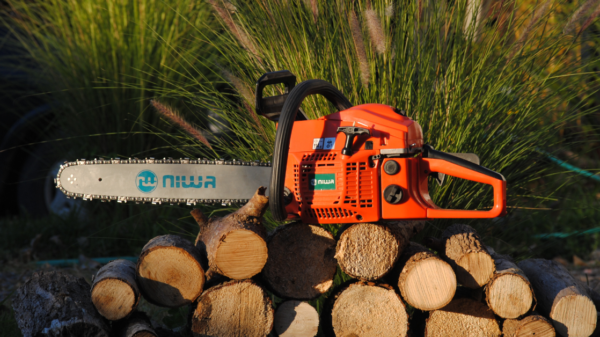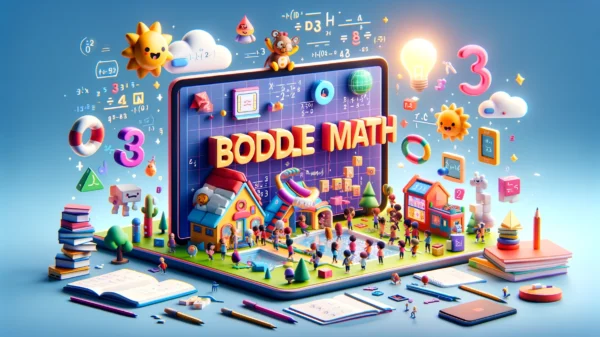In today’s rapidly evolving technological landscape, the advent of artificial intelligence (AI) in various sectors has revolutionized traditional methodologies, enhancing efficiency and innovation. One such groundbreaking application is the “Janitor AI,” a concept that merges AI with the maintenance and cleaning industries, promising a new era of cleanliness and operational efficiency. This article delves into the concept of Janitor AI, its potential applications, benefits, challenges, and the future outlook of integrating AI into the janitorial services sector.
The Genesis of Janitor AI
Janitor AI refers to the use of artificial intelligence technologies to automate the tasks traditionally performed by human janitors, such as cleaning, maintenance, and inspection within both public and private spaces. This technology encompasses a range of tools from smart cleaning devices, autonomous robots, and AI-powered management systems, aiming to optimize the cleaning process, reduce labor costs, and improve environmental sustainability. The genesis of Janitor AI can be traced back to the growing demand for smarter, more efficient cleaning solutions in the wake of global health concerns and the push for greener cleaning practices.
How Janitor AI Works: A Technological Overview
At the core of Janitor AI systems are sophisticated algorithms and sensors that enable machines to navigate spaces, detect dirt and debris, and decide the most effective cleaning methods. These AI systems are often integrated with robotics to perform physical cleaning tasks, from vacuuming and mopping to disinfecting surfaces and managing waste. Additionally, IoT (Internet of Things) components play a crucial role, allowing for real-time monitoring and data analysis to optimize cleaning schedules based on space usage patterns and cleaning needs.
Potential Applications and Benefits
The applications of Janitor AI are vast and varied, spanning from commercial buildings and offices to hospitals, schools, and even residential complexes. In commercial settings, Janitor AI can significantly enhance cleanliness standards, adapting to the dynamic needs of different spaces, and ensuring minimal disruption to daily operations. In healthcare facilities, where cleanliness is paramount, Janitor AI can provide consistent and thorough cleaning, reducing the risk of hospital-acquired infections. Beyond cleaning, these AI systems can also monitor inventory levels of cleaning supplies, predict maintenance needs, and even assist in energy management by identifying areas that are not in use.
The benefits of Janitor AI are equally compelling. Primarily, it offers the promise of improved efficiency and cost savings. By automating routine cleaning tasks, businesses can reallocate human labor to more critical, high-value tasks. Furthermore, Janitor AI can lead to higher standards of cleanliness and hygiene, contributing to healthier environments. Additionally, the adoption of AI in janitorial services can drive sustainability efforts by optimizing resource use and reducing waste.
Navigating the Challenges
Despite the promising potential of Janitor AI, its implementation is not without challenges. The initial cost of integrating advanced AI and robotic systems can be substantial, posing a barrier for smaller operations. There’s also the critical issue of job displacement, as the automation of cleaning tasks could impact employment in the janitorial sector. Moreover, ensuring the privacy and security of data collected by Janitor AI systems is paramount, given the sensitive nature of the environments they operate in. Addressing these challenges requires a balanced approach that leverages technology’s benefits while mitigating its downsides.
Looking Ahead: The Future of Janitor AI
The future of Janitor AI looks bright, with advancements in AI and robotics technology continuously expanding its capabilities and applications. As AI becomes more sophisticated, we can expect Janitor AI systems to not only clean more effectively but also to predict and respond to the changing needs of the spaces they maintain. Moreover, the integration of Janitor AI with other smart building technologies could lead to entirely autonomous facilities management systems, offering unprecedented levels of efficiency and sustainability.
Conclusion
Janitor AI represents a significant leap forward in the quest for smarter, more efficient, and sustainable cleaning and maintenance solutions. By harnessing the power of artificial intelligence and robotics, this technology promises to transform the way we maintain our living and working spaces. While challenges remain, the potential benefits of Janitor AI in terms of efficiency, cleanliness, health, and environmental sustainability are too compelling to ignore. As we look to the future, it is clear that Janitor AI will play a pivotal role in shaping the next generation of janitorial services, making our spaces cleaner, greener, and smarter than ever before.
Read Also: How to Cook Salmon: Ultimate Guide to Cooking Techniques & Tips
















































